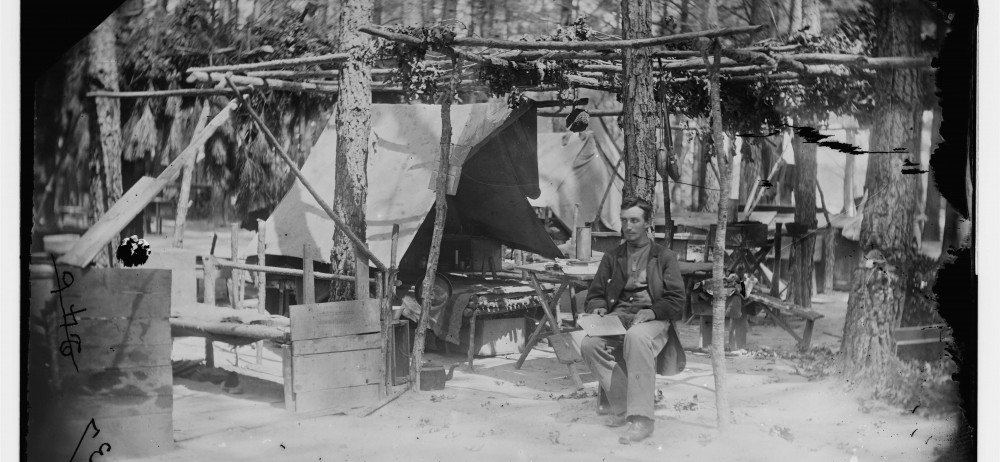The late Darryl Royal once explained the problem with cockroaches, “It’s not what they eat and tote off, it’s what they fall into and mess up.”
That pretty much sums up the left’s impact on economics. Recently the most visible example was Alexandria Ocasio–Cortez’ attack on Amazon’s plans for a New York City headquarters. The ignorant but passionate congresswoman opposed the project because the company is owned by the world’s richest man and the deal was rife with crony capitalism.
Amazon then dealt a telling blow to New York City’s economic and business climate by giving AOC exactly what she wanted. The company canceled its plans.
In Tulsa city council member Vanessa Hall–Harper is the Ocasio–Cortez of the prairie. Her self–appointed mission is attacking the greatest gift to parents since the invention of the disposal diaper. Namely, the Dollar Store.
For me the Dollar Store was an integral part of parenting. A trip was a reward for good behavior. A spontaneous treat. Or a bribe to end whining. I gave my son his money and let him pick whatever he wanted. (A dangerous practice in Target or Walmart.)
And who cares if he quickly tired of the toy or it broke, because IT ONLY COST A DOLLAR!
Meanwhile, HH sees that dollar price tag as a savage assault on low–income Tulsans through using predatory pricing.
HH’s crackpot theories on the market and competition are nothing new as Bernie, AOC and Fauxcahontas demonstrate. What’s new is the platform she’s given to share the ignorance. If ‘The Nation’ or ‘In These Times’ had profiled her fight against dollar deodorant, mouthwash and Mentos it would’ve been no surprise.
But this story was in the Washington Post. And the WoePost’s national business reporter, Rachel Siegel, was mixing her own anti–business incompetence with that of the politician. Sounding like an Ulta shopper, she asserts Dollar Stores “trade in economic despair” and “undercut grocery stores” on everyday items “pushing them out of business.” Then she relays the risible claim that Dollar Stores aren’t “just a response to poverty — but a cause.”
After reading that you’d think Dollar Stores were a division of Trump Industries colluding with Russia to drive Safeway out of business.
It never occurs to Siegel or HH that the money management saves on not having to mark prices is offset by the lower disposable income of the customer base. That’s why Dollar Stores aren’t found next to the Apple Store. Management can’t afford the rent.
There’s a Dollar Store in my suburb. The county is in the top 20 most wealthy and the median household income is $126,000. The store is located next to a Food Lion that shows no signs of packing up to leave and there’s not been an outbreak of poverty or dispair since it opened.
Not only is the WoePost angry about Dollar Store pricing, it has issues with inventory and display, “Most Dollar Generals don’t sell produce”. Those that tried to appease the ignorati were condemned because “grapes, apples, avocados, potatoes [are] sandwiched between bags of fried pork skins and cases of Michelob Ultra.”
Tulsa tried to fight capitalism with cronyism and funded a grocery store through a “development grant”, but that store closed in 2014 driven out of business by dollar balloons.
Naturally the solution to combat “geographic privilege” is more crony capitalism. This time the tax dollars go to a pair of subsidy farmers who have never operated a grocery store in their lives.
That would be a sign if anyone in city hall were paying attention.
A business model that offers limited income shoppers a limited inventory with a limited price isn’t good enough for ideologues. In the left’s fantasy economics, the only reason Dean & Deluca aren’t in the ghetto is because the Dollar Store got their first.
Libertarian titans of commerce who believe their support of come–as–you–are bathrooms and donations to ‘pride’ parades they never attend will spare them the insensate wrath of the leftist mob are pulling the wool over their own eyes. Amazon and Dollar Store aren’t outliers.
They’re a harbinger.



